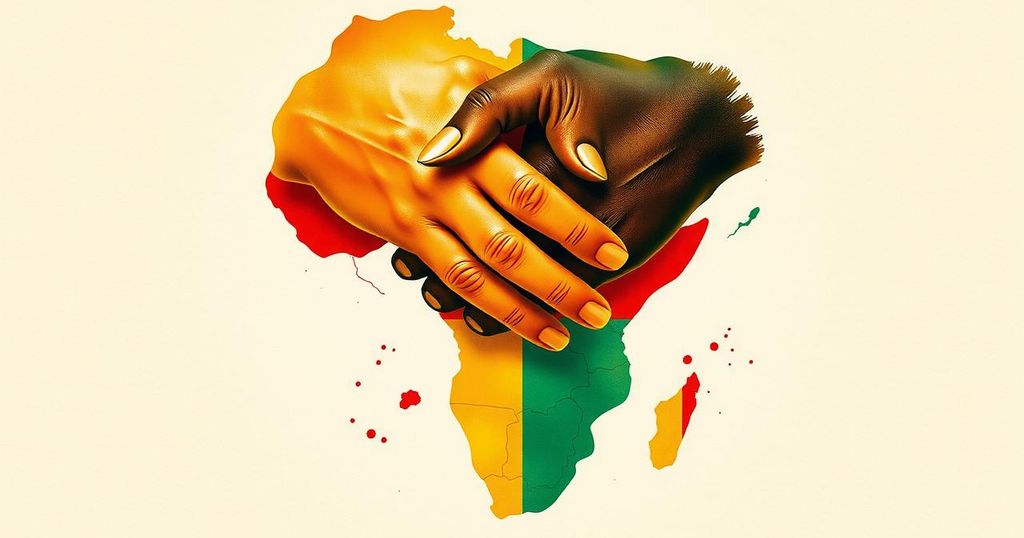Rwanda and DRC Sign U.S.-Brokered Peace Deal, But Concerns Linger

- Rwanda and DRC sign a U.S.-brokered peace deal.
- President Trump attributes credit for the agreement to his administration.
- The conflict in Eastern Congo is historically complex and nuanced.
- Olivier Nduhungirehe underscores concerns about trust in the region.
- Therese Kayikwamba Wagner urges adherence to international law and human rights.
- Denis Mukwege critiques the peace deal for lacking justice provisions.
- U.S. sees business opportunities arising from the new agreement.
Rwanda and DRC agree on peace deal amid complexities
Rwanda and the Democratic Republic of the Congo have formally agreed on a peace deal, with U.S. President Donald Trump asserting that this agreement includes mineral rights for American interests. Amid a backdrop of long-standing tensions and violent confrontations, the Secretary of State Marco Rubio emphasized that while this is a notable step forward, significant challenges remain. U.S. officials, however, are optimistic that this arrangement could pave the way for stability in the region and potentially lucrative business prospects.
Complex historical roots impact peace efforts
The conflict itself in Eastern Congo is deeply rooted in history, particularly tied to the Rwandan genocide, which has led to multiple nations and militia groups contesting the area’s valuable mineral resources. Currently, the Rwandan-supported M23 rebel faction has captured several strategic locations, further complicating the peace process. Rwanda firmly denies allegations from the United Nations and other bodies that it has been providing assistance to these rebels, with Foreign Minister Olivier Nduhungirehe noting a significant absence of trust in the current atmosphere.
Criticisms over justice and ongoing work for peace
In the midst of these negotiations, the Congolese foreign minister, Therese Kayikwamba Wagner, asserted that peace is not merely a decision but also a duty to uphold human rights and respect international law. Meanwhile, criticisms have emerged, notably from Congolese physician Denis Mukwege, a Nobel Peace Prize laureate who vocally expressed concerns that the deal neglects justice for victims of the violence. Concurrently, Rubio acknowledged ongoing work that needs to be addressed, appreciating Qatar’s involvement in the diplomatic efforts, as U.S. envoy Massad Boulos, who holds personal ties to Trump, plans to engage further in this endeavor.
The recent peace deal between Rwanda and DRC is a significant step in efforts to end the long-standing conflict, but the path ahead is fraught with challenges. U.S. officials remain hopeful for a future marked by stability and economic opportunity, while critical voices highlight the need for justice for victims. Only time will tell if this agreement can translate into lasting peace in the region plagued by violence and mistrust.






